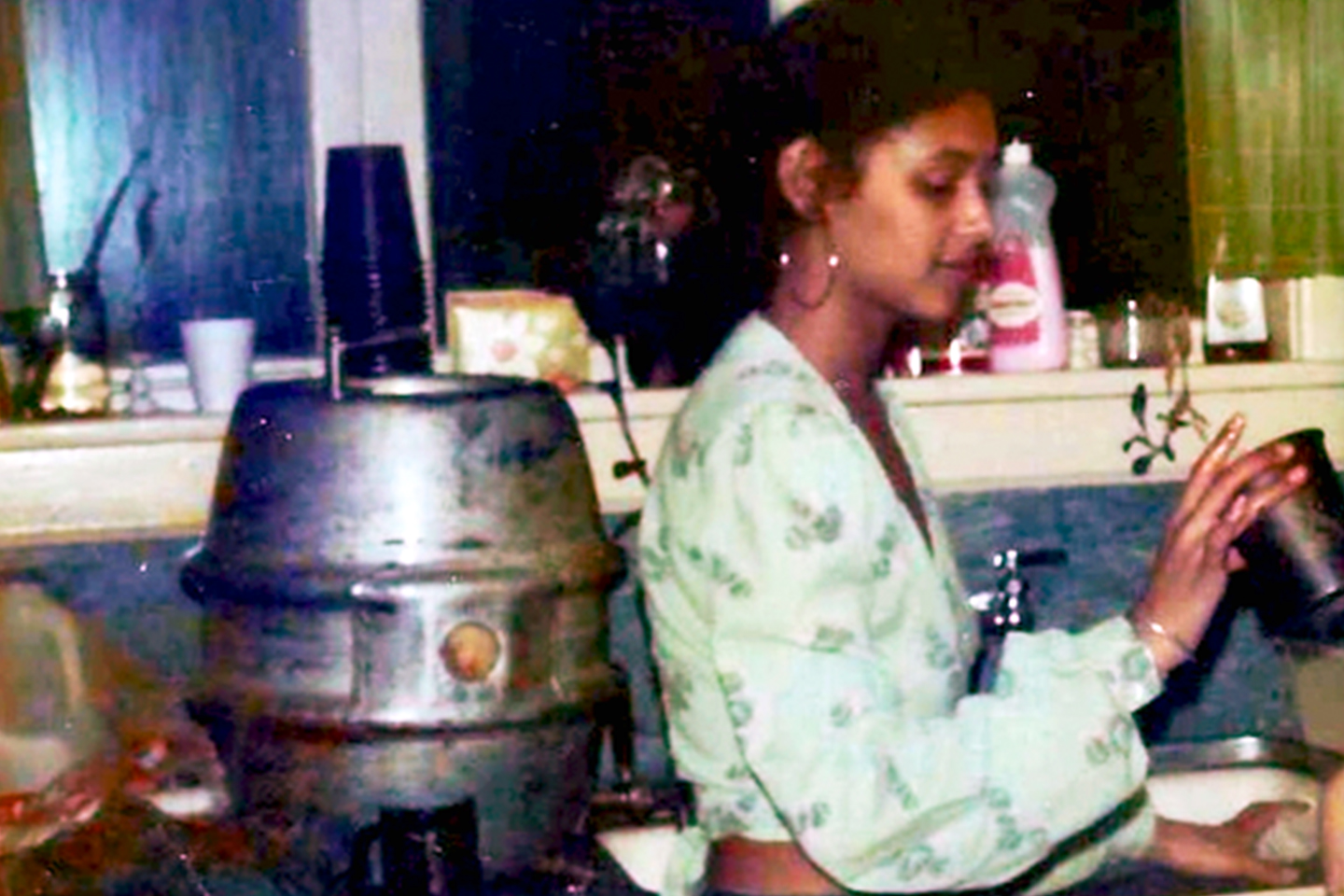Alumni Spotlight: Dr. Pat Russell ('86)

“When you see somebody that looks like you, it sends a clear signal that you can do this too,” Executive Dean of Healthcare and Human services Dr. Pat Russell (‘86) said of her instructors at Seattle Central College. “I thought I could do anything after that. It didn't feel so hard.”
Russell is a third generation Seattleite. Now, her family is on their fifth generation in the city. After attending Seattle Central, Russell felt empowered to embrace a life centered on education and activism — a path largely inspired by the work and values of her parents — culminating in her return to SCC as an educator and community leader.
I truly believe that if I can't help the community, what's the point?
“Both of my parents were activists,” Russell explained. “There was this joke among my parents’ friends that I learned to march before I learned to walk.”
Her mother, Millie Russell, was an educator who played a significant role in guiding students through the health science programs at Seattle University and the University of Washington. Russell’s father was active in Seattle’s Congress of Racial Equality, an organization that challenged the city’s pervasive practices of employment discrimination, housing discrimination, and defacto school segregation.
Although a teenage Russell thought she’d be doing something completely different from her parents, she found herself following in their footsteps in more ways than one. “This all really underpins everything that I do,” she explained. “I truly believe that if I can't help the community, what's the point?”
Russell moved between a Catholic School and a public school several times and was among the first Black students bussing to public schools in North Seattle. When she returned to the now closed Immaculate High School for her senior year, they informed her that she couldn’t graduate on time due to missing a year of religion credit.
I felt encouraged. I felt supported. I was around people that looked like me, including my instructors. That really made a big difference.
Russell decided to finish high school at Seattle Central instead, which was just a walk down the hill and where several of her mom’s friends were involved. After graduating, Russell took the next decade to raise a family, eventually returning to SCC to earn an associate of applied science with the Visual Media program. Although Russell was intrigued by the ever-changing technology of the time, what she loved most was being behind the camera and telling stories.
“While finishing up high school here, it really ignited my level of learning,” she said. “I felt encouraged. I felt supported. I was around people that looked like me, including my instructors. That really made a big difference.”
Russell fondly recalled a memory of “kvetching” with her classmates in the hallway before an economics exam — which everyone aced. “I don't know why that memory sticks with me so much, but it was so funny. It was a pretty diverse group of students, and it just seemed like a real bonding moment.”
As a Black woman with children, I witnessed how existing systems were not created with us in mind, often leading to harmful outcomes.
Her accomplishments as a student at Seattle Central laid the foundation for her future academic journey, combining her newfound academic confidence with her passion for activism and social justice. Russell earned a doctorate in clinical psychology from Antioch University. Her research focused on the psychological and behavioral impacts of slavery on contemporary African American families, highlighting systemic injustices and the need for culturally competent care.
“I developed an interest in psychology because of personal experiences,” Russell explained. “As a Black woman with children, I witnessed how existing systems were not created with us in mind, often leading to harmful outcomes.”
Russell operated her own private practice after finishing school. Eventually, a colleague at Antioch asked her if she’d be interested in teaching. Soon, Russell moved on to Cornish College of the Arts — an experience that solidified her passion for teaching and informed her approach to inclusive pedagogy.
When I first started teaching, I walked into the classroom and said, ‘okay, how many of you thought Pat Russell was an old white guy?’ Everybody went ‘me.'
“The students I had there could have cared less about development theory, but when I let them use their own experiences and let them express themselves through their own art forms, man, what I got was fantastic,” she explained. “They really could develop an understanding of it when you were speaking the same language.”
When I first started teaching, I walked into the classroom and said, ‘okay, how many of you thought Pat Russell was an old white guy?’ Everybody went ‘me.'
Russell went on to briefly teach at North Seattle College before accepting a part-time position at Central. When a tenure track position in Social and Human Services opened in 2014, she thought, why not?
Apart from a brief stint at City University, Russell has remained at Seattle Central ever since. She has served as a psychology instructor, associate dean, and now executive dean.
Russell’s favorite part of teaching at Seattle Central has always been the students. She especially values seeing the impact that representation has in the classroom. “When I first started teaching, I walked into the classroom and said, ‘okay, how many of you thought Pat Russell was an old white guy?’ Everybody went ‘me,’” Russell recalled.
Throughout her career, Russell has remained dedicated to uplifting marginalized communities and fostering a sense of belonging and empowerment among students, continuing to embody the values instilled in her by her parents.
“What really gets me excited is that young women of color are very excited to see another woman of color. And then I tell them, ‘I went to school here, now I'm back and you can do this too.’”